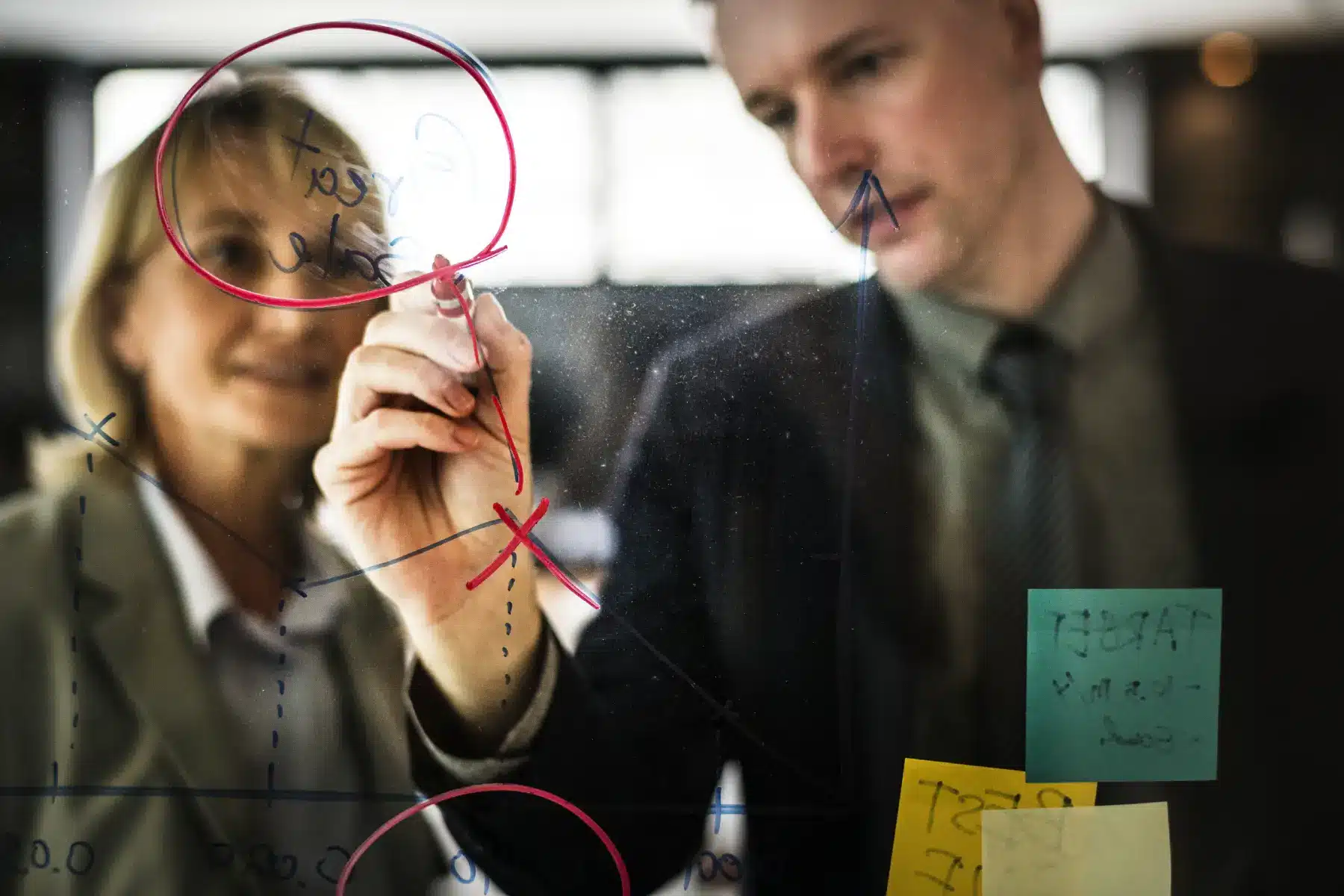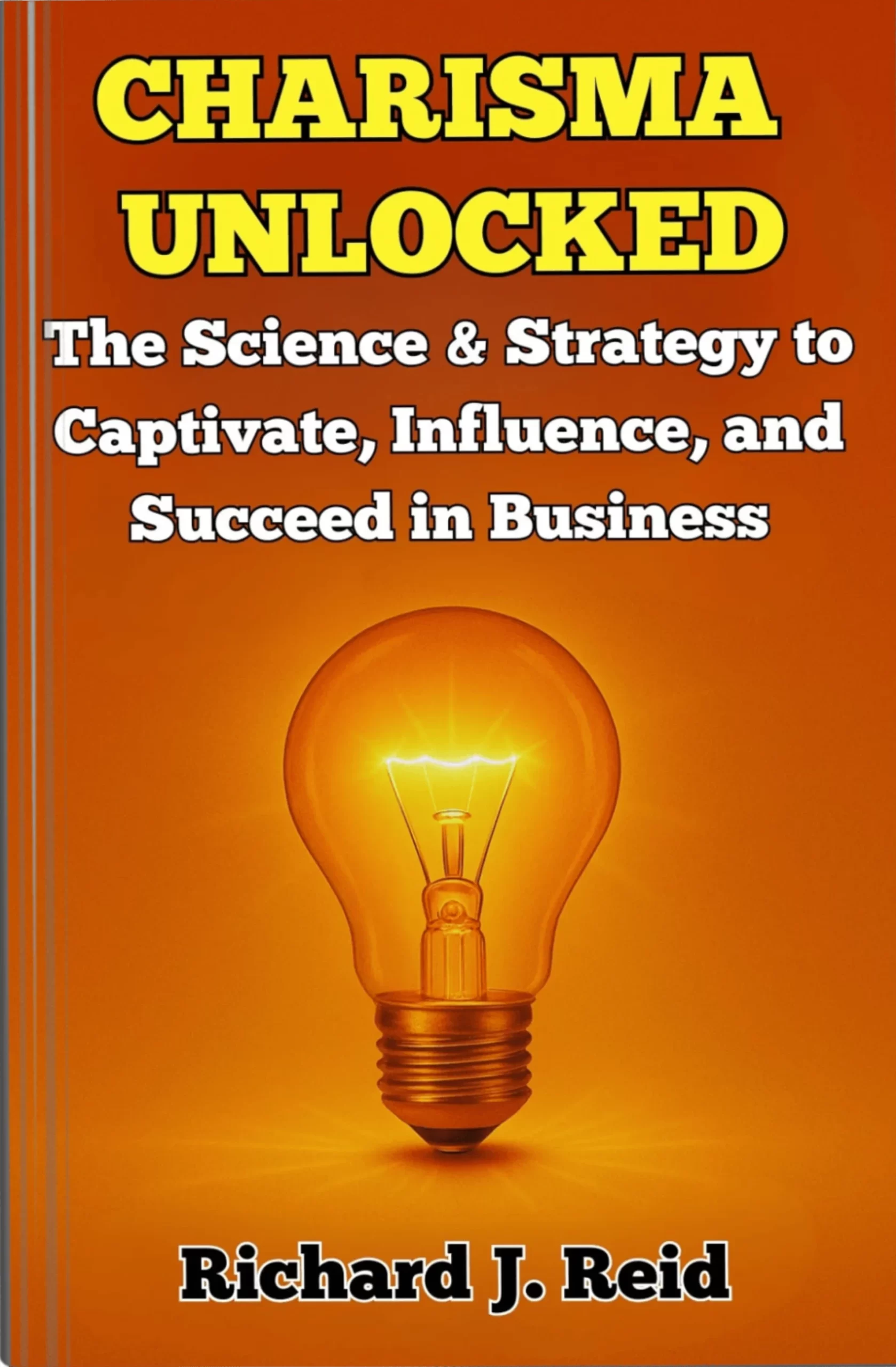Winston Churchill, Tony Robbins, Zig Ziglar, Michael Jordan…what’s one thing they all have in common?
They’re all quoted endlessly whenever we talk about failure.
They’re the very embodiment of the sentiment that failure is all part of the learning process, that it’s an essential stepping stone on the journey to success.
However, it doesn’t matter how many motivational posters you scatter around your home or office, the fact remains that ‘failing’ feels awful.
Instinctively we look at adversity, setbacks, or ‘failures’ as a message to withdraw from a situation, to give up on an idea, or even to beat ourselves up about what we could have done differently, what we should have done differently.
But here’s the thing: Michael Jordan et al were right: what we often perceive as failure or adversity often is just another lesson we needed to learn, or another opportunity to grow. So how do we learn to flip our reaction? How do we learn to stop beating ourselves up when things don’t work out as we wanted them to and use our setbacks as growth opportunities instead?
I have an idea or two…
How you talk to yourself matters (because you’re always listening!)
How many times have you chastised yourself for something that could have gone better? How many times have you put yourself down when you’re talking to other people, even in a self-deprecating way? I think we’ve all done it at some point!
You may not think it matters, but your brain is always switched on, always listening, always learning from your internal dialogue and from how you describe yourself when you talk to others. So it’s important to pay attention to the messages you’re sending.
Those of you who have children (or those of you who interact with children on a fairly regular basis) will know that when you tell a child off or chastise them, they retreat into their shell; they disengage and become far less likely to experiment or take risks. Conversely if you respond to a child’s mistakes with compassion and encouragement, if you take the time to nurture them, they’re far more likely to pick themselves back up and try again.
And you’re exactly the same
It doesn’t matter how old you are, taking risks is scary and the more you give yourself a hard time about your mistakes, the more reluctant you’ll be to keep putting yourself into situations that lie outside of your comfort zone.
So the next time you notice that you’re starting down the path of negative self-talk — whether it’s confined to your own mind or you’re criticising yourself in front of other people — take a pause. Picture your own inner child and consider whether you’d be quite so harsh to them!
Find your champions
Unfortunately, your voice isn’t the only one that can have an impact on your reaction to adversity.
If we return to the young child analogy, imagine two very different types of parenting. First up you have the finger wagging parent tut-tutting at their kid, throwing out admonishments like, ‘Why on earth did you do that?’ or ‘You never should have done it that way, what did you think would happen?’
Then there’s the parent that puts an arm around their child’s shoulders. The parent that points out the areas in which they’ve done really well and gently suggests ways in which they could improve. The parent that is ready and willing to be the champion their child needs.
Which parent is going to have a child willing to take risks? A child willing to see their failure as an obstacle rather than a barrier?
So have a think about the people you surround yourself with and whether they’d fall into camp one or camp two. Are they nurturing? Are they encouraging? Are they putting you down or spurring you on? Are they the champion you need to help you flourish amidst adversity?
The power of ‘yet’
Sticking with the image of our young child, let’s imagine that they’ve painted you a picture.
What’s your reaction? Of course you’re not going to judge their artwork by the same standards you’d judge a professional artist, or even by the same standards you’d judge an adult’s efforts. No, you’d take their age, stage, and any limitations into account. You’d recognise their achievement, highlight what they’d done well, but also gently point out the areas where there’s room for improvement and get them to reflect upon what could be improved next time.
In other words, what you’d help them view the situation as an opportunity for constant movement — and this is vital.
You see, we’re defined by nothing more than our own limitations, by what we tell ourselves. Do we see situations as set in time, as either a success or failure? Or do we see them as constant opportunities for refinement? When things haven’t gone so well, could we start to see them as part of a process rather than a moment set in time?
That’s where our magic word comes into play: I haven’t mastered this…yet. I haven’t succeeded at this…yet. I’m not as good as I want to be…yet. Like the child painting a picture, you’re still learning, still refining, still moving forward.
Putting it into practice
Admittedly, it’s not an easy mindset to cultivate. Most of us tend to talk to ourselves far more harshly than we would ever dream of talking to other people. So, again, try to recognise when you’re being too hard on yourself. Reflecting on failure can serve a purpose when you’re looking at ways to improve but notice when this becomes less helpful and more circular. Notice too when you’re speaking negatively to yourself, either outwardly or in your own mind, and start to move away from those thoughts and statements.
Let me share with you an exercise that should make this mindset shift easier
At the end of each day, spend five to ten minutes reflecting on the events of the day and consciously, deliberately focus on examples of movement. For example, focus on the things you’ve achieved, things you’ve improved upon, things that you’ve mastered or, even if you haven’t mastered them, think about what you’ve learned from the difficulties that’ll help you move forward.
And even if it’s been an absolutely horrendous day, could it be that it’s started to inform what you do next? That actually there are lessons you can take away from that? Or that maybe you need to seek additional support from other people?
However small that sense of movement might be, training yourself to do this will, over time, help change your attitude to situations. In fact, just knowing that you’re going to be completing this exercise at the end of the day encourages you to notice these ‘wins’ in real time. You might even find that you start to approach situations that would otherwise have been difficult or outside of your comfort zone with a sense of curiosity.
And the more that you start to approach things with a sense of curiosity not only will you expand your window of tolerance, but you’ll also feel a real sense of momentum, as you extend your repertoire and your expertise and become a source of inspiration for those around you.
If you think for a moment of someone you admire, whether it’s Tony Robbins, Michael Jordan, a historical figure or someone you know personally, it’s certain that, at some point in their lives or careers, they’ve faced at least one moment where they wanted to give up. Or faced criticism so harsh it made them want to hide under a rock.
But rather than give in, they’ve chosen to be defined by their resilience, not their failure(s). They’ve cultivated a growth mindset, made friends with the word ‘yet’, and used negative feedback to spur them on, to grow, to improve, to keep moving forward. And in doing so, they’ve flourished.
When we encounter obstacles we too have that choice. We can hold onto our ‘failures’ or negative feedback and let them de-motivate us or we can use them as a platform to bigger and better things. With practice we can embrace courage, curiosity, and adventure and learn to flourish even amidst adversity.




















